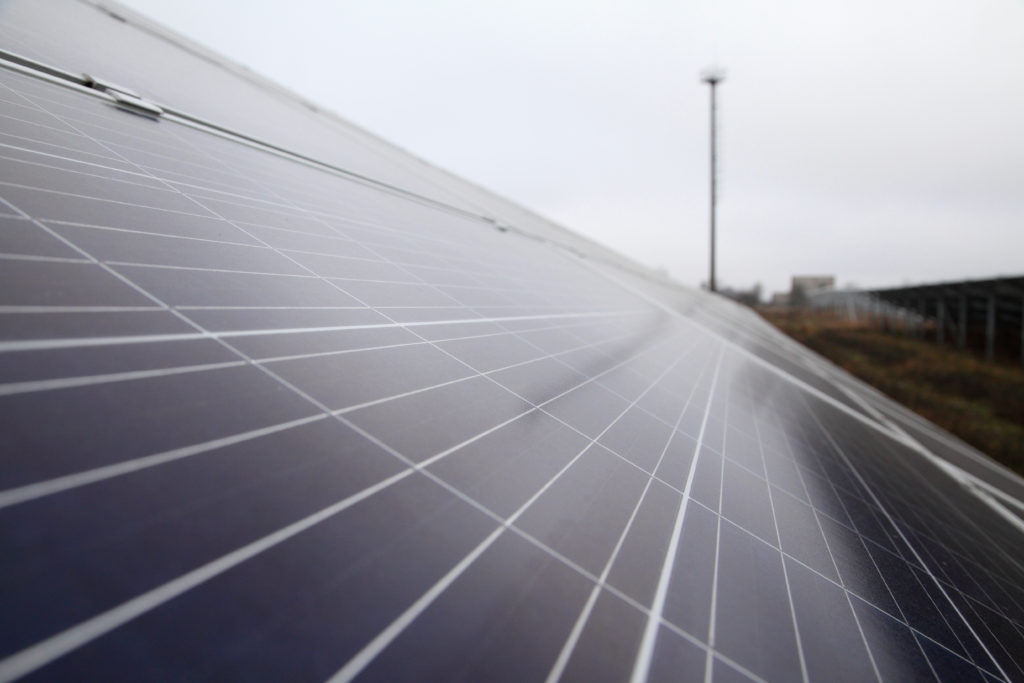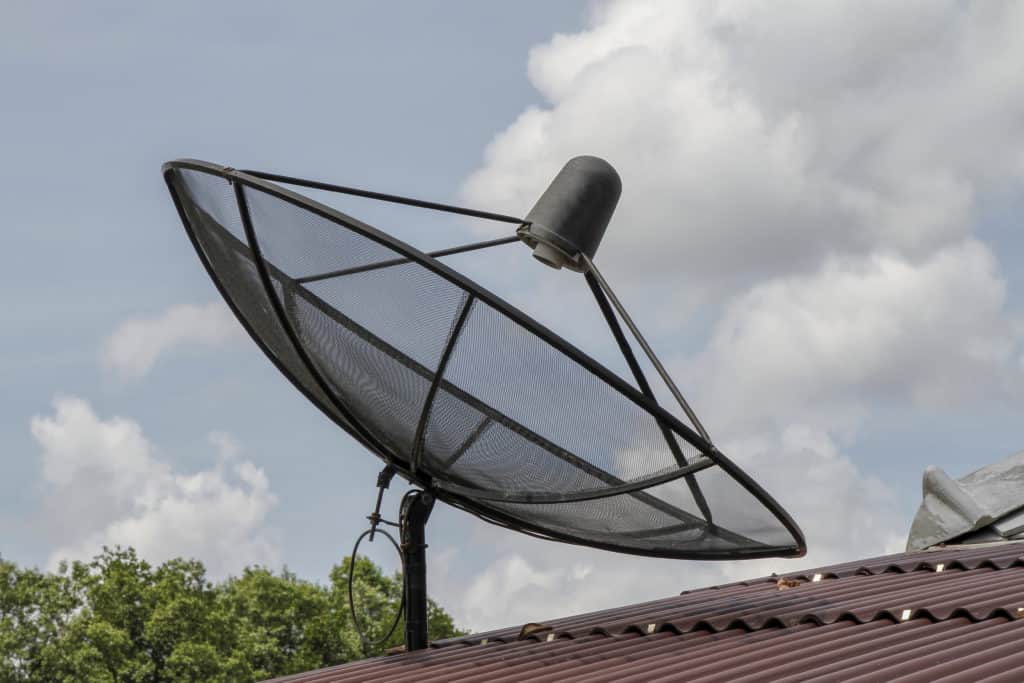
Nothing is more inconvenient than when your TV or phone reception is unreliable. There are numberless possibilities, but are your solar panels contributing to the problem?
While it is not a common cause of interference, it is possible that your solar system could be causing poor reception. To determine whether the solar panels are actually the cause, you will likely have to run a couple tests to find out.
Solar panels and a variety of other things could be causing poor reception in your home. Here’s a few possibilities.
How common is solar interference?
Solar panels interfering with your TV reception is definitely possible, but not likely. It is a rare problem that very few people will have to deal with. To find out whether or not your solar panels are indeed the problem, you should call an electrician to help you sort things out.
The likeliest case of solar interference will probably happen when you have a coaxial TV cable that runs close enough and parallel to an AC (alternating current) power cable which carries power down from the panels on your roof. AC power cables emit magnetic fields which can be picked up by parallel cables if the shielding is damaged or installed incorrectly. DC power (direct current) does not have this problem because it does not emit the same levels of EM that cause interference. To determine whether this will be a problem for you, find out whether you have a central inverter or microinverters.
Central inverters can usually be found near your electric panel and meter either on the side of your house, in your basement, or in your garage. If this is the case, it means that DC power will run through a wire along the side of your house to the inverter. It also means that because of the nature of DC power, you should not have interference from your solar panels. However, if this is not the case, you most likely have microinverters which can be found adjacent to each panel in your system. This means that DC to AC conversion happens right on the roof and the wire that runs down from the roof contains AC power which could be causing the problem.
While this is a possibility for interference, it is still not terribly likely. If your solar panels have adequate shielding (which most of them do) and have been correctly installed, you should not have to worry much about them causing you problems.
Other causes

While solar interference might be the least of your worries, there is a multiplicity of other reasons for poor reception in your home. These are a few of the most common causes of reception interference.
One reason could be your home’s location. If you live behind a mountain, in a valley, or close to tall trees, any of those things could be causing interference. Trees can be especially irksome in the springtime when increased foliage and winds can break up signals more easily. Tall buildings can also contribute to the problem, especially ones with shiny surfaces and a lot of windows.
The problem could also be as simple as your home’s construction materials. Concrete, rebar construction, and stucco can all block signals fairly efficiently. With Over-the-Air antennas, it is advisable not to put them in basements or windows with metallic film, mesh, or security bars, as any of those things will obstruct signals. If you have a metal roof or radiant heat barrier, however, you won’t want to install your antenna in the attic because that will cause even greater interference.
Other things like cell towers, electricity lines, and even certain LED lightbulbs can also be an issue. Traffic from LTE cell towers can obstruct signals, as well as the reflection of signals from power lines. Lightbulbs shouldn’t be as big of a problem if they are newer, certified models, but older, lower quality LED bulbs can cause radio frequency interference, or RFI which can interfere with your reception. You might also want to be mindful of the weather. In severe conditions that may involve extreme wind, rain, hail, or lightning storms, your reception could be poorer than usual. In some cases, it is advisable to check for any sort of damage to your antenna or other pieces of receptive equipment.
Stopping interference

The problems have been presented, so now, here are the solutions. If your cell phone reception is a larger problem than your TV reception, your only problem might be the carrier you’re using. Consider changing carriers to see if this helps solve the problem.
Placing your TV antenna in a window could also help. Sometimes it is difficult for certain signals to travel through the walls of your home. Keeping your windows open and the antenna in the window could help with this problem somewhat. However, as mentioned before, avoid putting your antenna in a window with any kind of metal covering, whether it’s mesh or security bars. This will interfere with your reception.
You will also want to keep your antenna away from metal if at all possible. Avoiding windows with metal coverings is advisable, as well as installing it somewhere other than the attic if you have a metal roof. However, if you are able to put it on the highest point of your roof and point it in the direction of the nearest broadcast towers. This will improve your reception and ensure higher quality signals. Make sure your antenna is properly aimed. If it isn’t, that could be the cause of your reception issue. Weatherproofing your antenna is another good idea. Often, severe weather can really mess reception up, so if you have a secure, sturdy system, you should be good to go.
Make sure everything is installed properly and in good repair. If something has been poorly installed or you need to take your antenna in for a checkup, your reception might not be as good as it usually is. Keeping a close watch on your equipment is always a good idea.